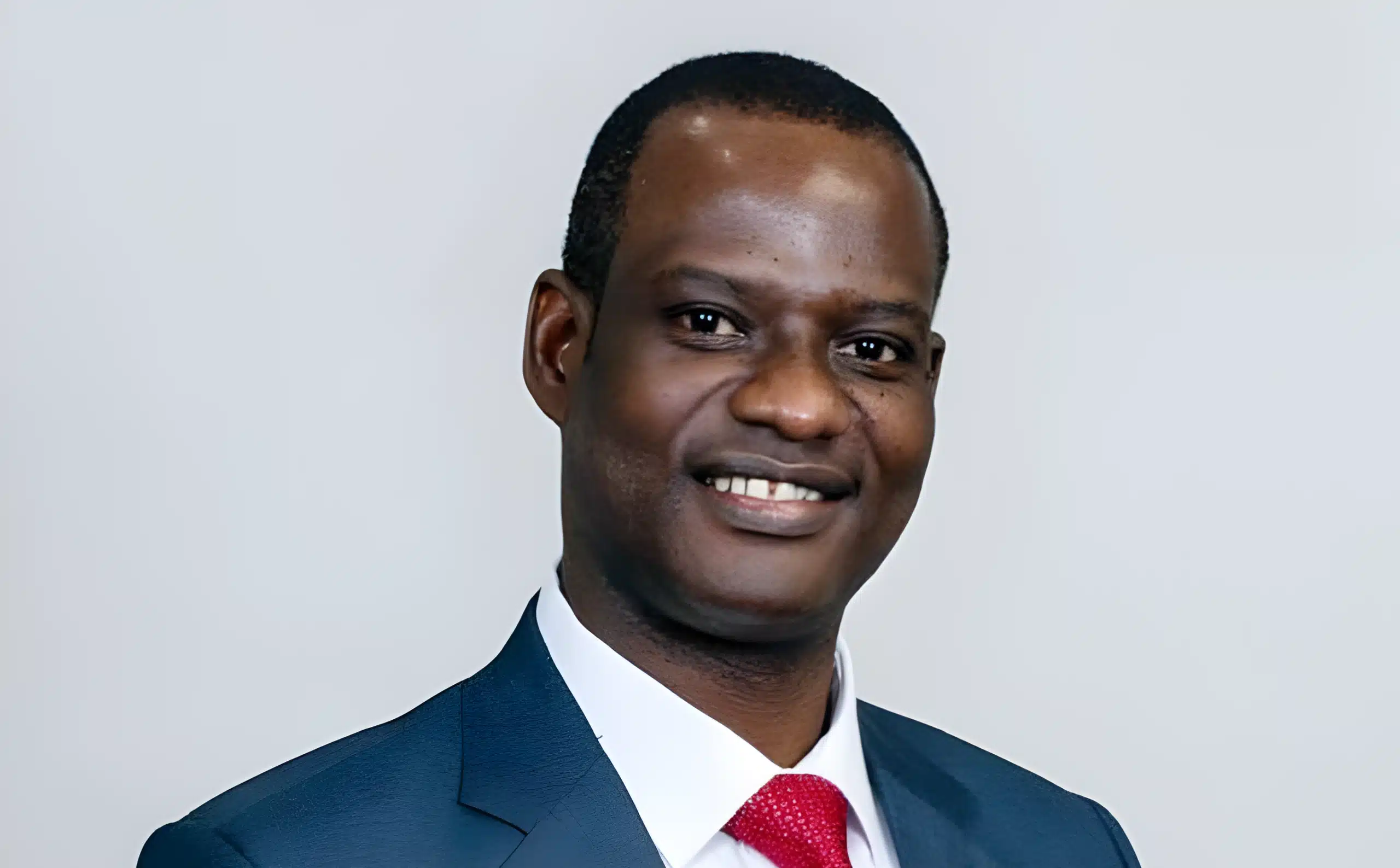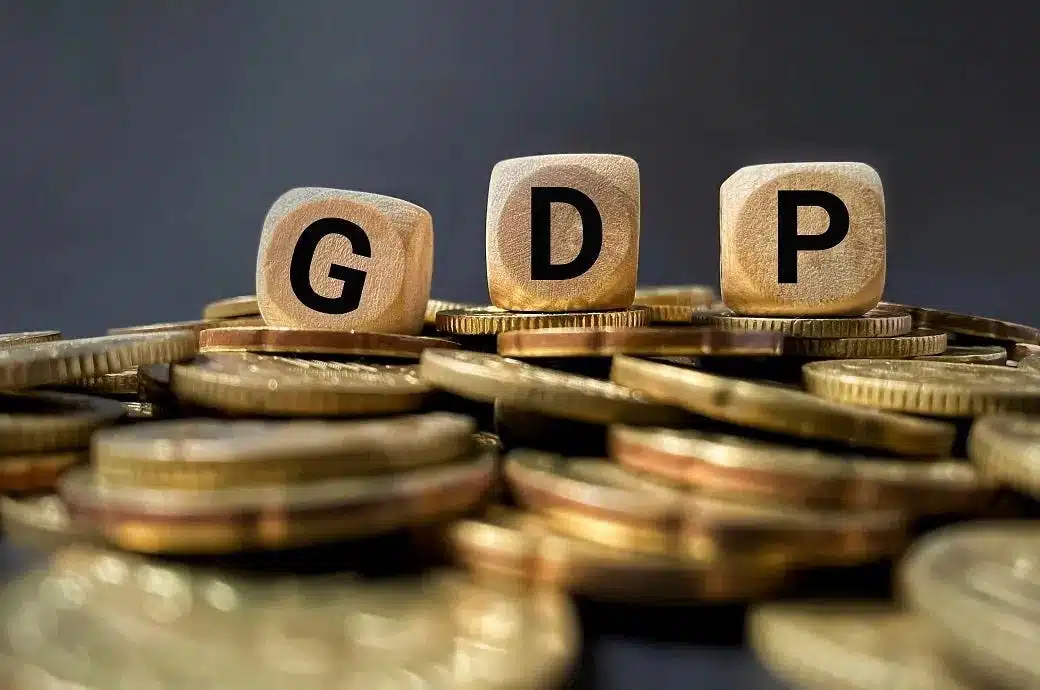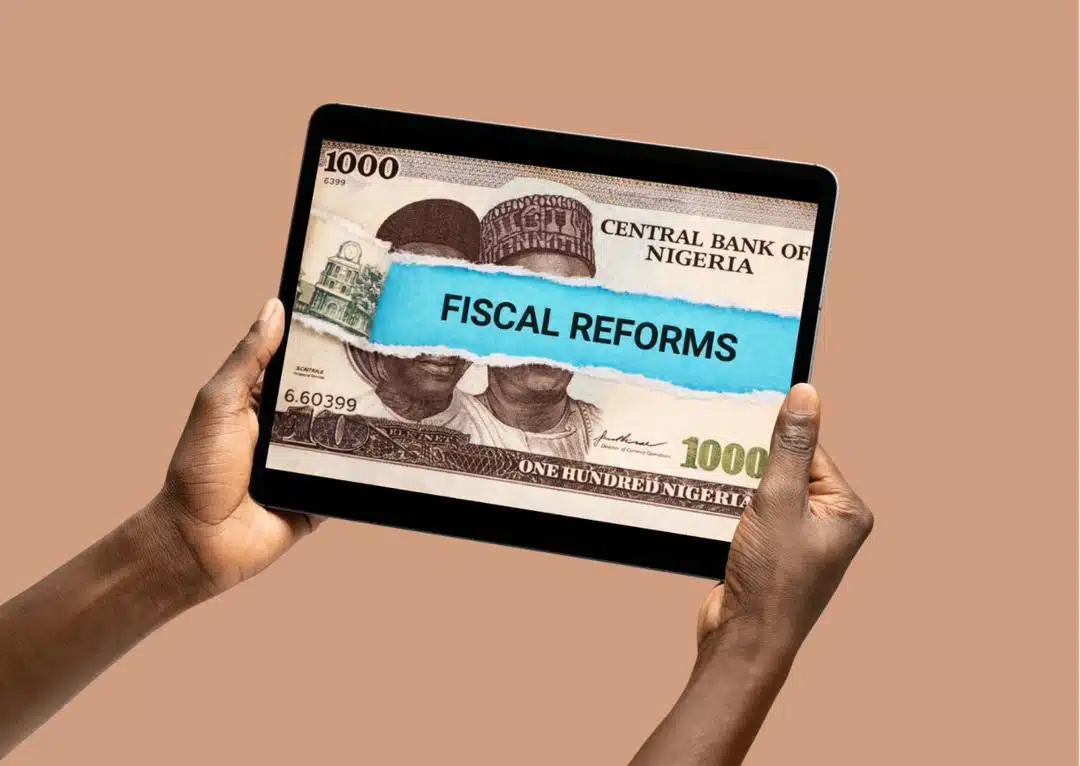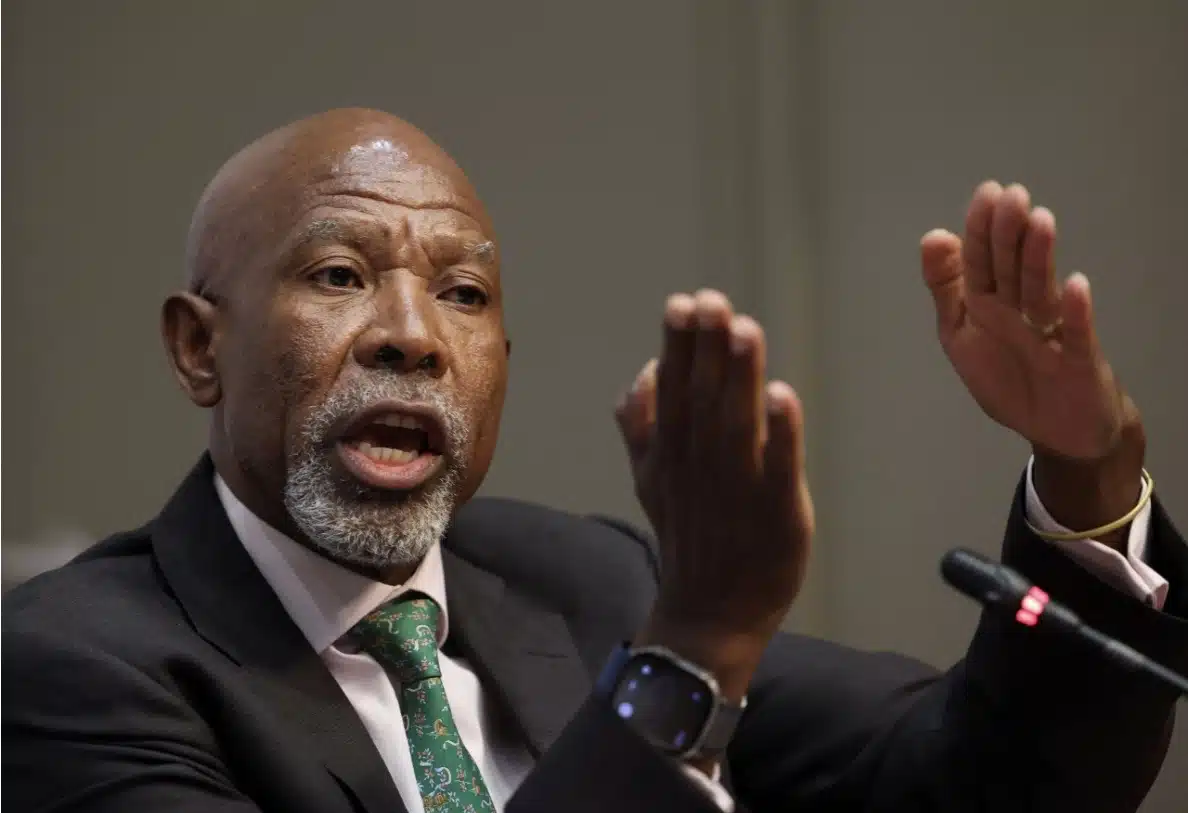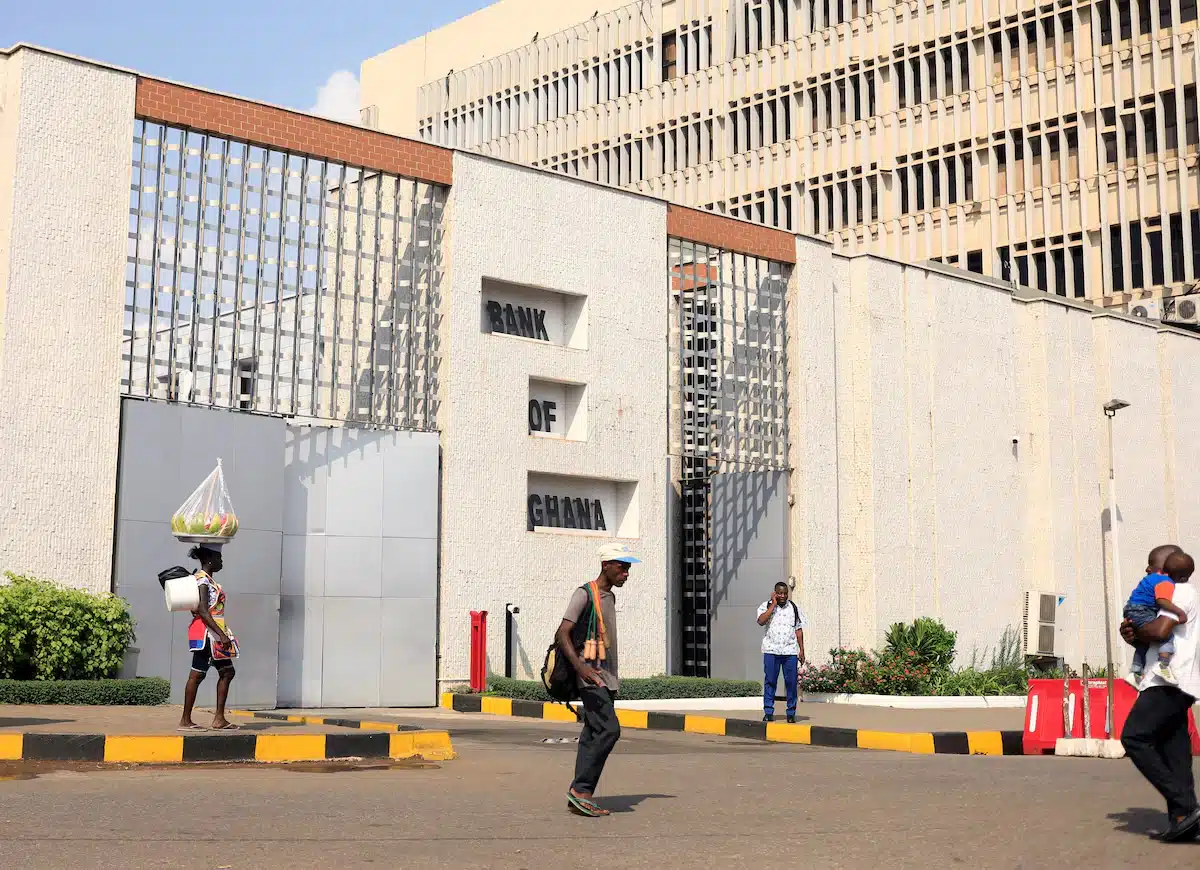Nigeria’s newly gazetted tax laws—set to take effect on January 1, 2026—have triggered intense public debate, much of it driven by misconceptions about key provisions.
Although the fuel surcharge has dominated recent headlines, this is not the first time reforms have stirred controversy. According to Taiwo Oyedele, Chairman of the Presidential Fiscal Policy and Tax Reforms Committee, such disputes are often rooted in misinterpretation.
“People don’t want to read the law because it’s bulky and boring,” Oyedele said during a Channels Television interview last week. “They now rely on unverified sources who speak confidently even when unsure of their claims.”
Last October, for example, the Northern Governors’ Forum opposed a derivation-based model for Value Added Tax (VAT) distribution despite efforts to clarify the proposal.
Fuel surcharge: Dormant Law, deferred activation
The flashpoint has been the 5% Fuel Surcharge on fossil fuel products, codified in Chapter 7, Section 159 of the 2025 Tax Act. While the surcharge exists in law, exemptions apply to renewable energy, kerosene, cooking gas, and Compressed Natural Gas (CNG) – a move to adopt clean energy.
Yet, the tax chief clarified that contrary to viral claims, the levy is not slated to commence in January 2026. In fact, the fuel surcharge was introduced in 2007 under the Federal Roads Maintenance Agency (Amendment) Act introduced during the late President Umaru Yar’Adua’s administration, but has never been implemented.
“The government has no plans to enforce it now, and activation can only occur when the finance minister deems it fit, with revenues intended to channel subsidy savings into road infrastructure funding,” he said.
VAT reform: Relief for SMEs, refunds for producers
VAT remains at 7.5%, but the new law introduces significant reliefs. Previously, essential items like education, healthcare, and food were exempt from VAT but not zero-rated. In practice, this meant producers still bore input costs, which ultimately trickled down to consumers as higher prices.
For instance, the ultimate cost of a bread loaf included the VAT paid on flour, yeast, packaging, and electricity.
Under the new law, however, Oyedele clarified: “The cost will now be borne by the government in the form of refunds. Businesses can claim input credits to ease production expenses, while small enterprises with annual revenue and assets below ₦100 million ($66,387), previously ₦25 million ($16,596), will enjoy full VAT exemptions.”
Personal Income Tax: More progressive rates
He also dismissed claims that the amended Personal Income Tax Act (PITA) is designed to impoverish citizens, stressing that its core intent is progressive — the rich pay more, the middle class pay less and the poor are exempt.
According to the committee, individuals earning up to ₦840,000 ($557.8) annually after deductions will pay no tax under the news PITA, while higher incomes are taxed progressively at rates reaching 25%. For example, someone with ₦1.2 million ($796.8) in taxable income would have paid about ₦63,600 ($42.2) under the old schedule, but under the new PITA, the liability drops to roughly ₦42,000 ($27.9)
This measure eases the burden on Nigeria’s lowest earners and better aligns tax obligations with the national minimum wage of ₦77,000 ($51.1).
By contrast, top earners will face higher liabilities. For instance, an individual earning ₦50 million ($33,200) annually paid about ₦4.9 million ($3,253) under the old PAYE schedule but will now pay approximately ₦5.14 million ($3,413) under the revised rates.
Gross vs. taxable income: Clearing the confusion
A recurring error in public commentary is treating gross income as taxable income. Oyedele revealed that not all earnings within a period qualify as taxable income, since some inflows may come from loans, gifts, inheritances, or honoraria.
For instance, if a contractor receives ₦20 million ($13,280) in his account for a project but makes only ₦1 million ($663.9) in profit, tax deductions and derivations are charged only on the ₦1 million.
“What the law provides is that individuals and companies must declare their actual income, through self-assessment, while the system’s intelligence is used to verify the accuracy of those claims,” he explained.
Expanding the tax net: Content creators included
The new law explicitly brings content creators into the tax net. Their total income will be aggregated, allowable expenses deducted, and the balance taxed. However, creators registered as companies remain under the Companies Income Tax Act and benefit from the ₦100 million ($66,387) exemption threshold.
“What the law provides is that individuals and companies must declare their actual income, through self-assessment, while the system’s intelligence is used to verify the accuracy of those claims,” he explained.
Refund framework: From policy to practice
One of the most ambitious provisions is the refund framework. Oyedele noted that excess tax payments can now be recovered, as governments are now required to set aside monthly reserves from the Federation Account before successive allocations across tiers of government.
While some tax firms have questioned the feasibility of such refunds, he clarified that the new law allows and will be put into practice. This structure, the tax committee stressed, will apply across all levels of government.
Note: All figures in naira have been converted using the average official rate of ₦1,506.30/$1 as of September 11, 2025.

